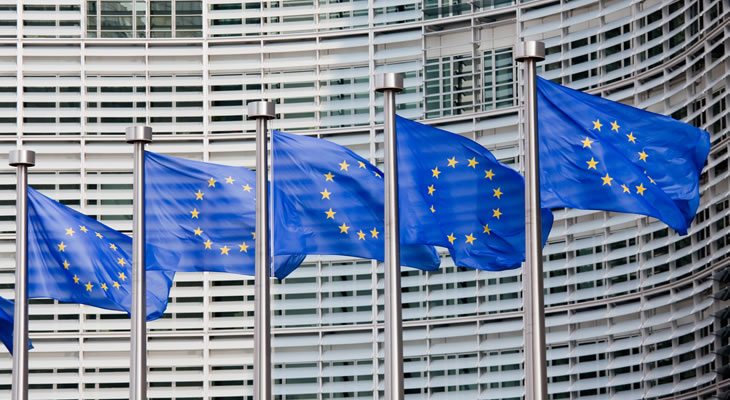Nicola Sturgeon’s announcement that she will seek a second referendum on Scottish independence did not particularly faze markets, with the Pound to Euro exchange rate continuing to trend bullishly.
Investors were confident that amendments to the government’s Article 50 bill will be thrown out by the House of Commons, leaving Theresa May free to trigger formal exit proceedings from the EU imminently.
While the eventual outcome of Brexit negotiations remains far from clear the Pound nevertheless benefitted from an increased sense of certainty.
However, renewed volatility is likely to be in store for the GBP EUR exchange rate once Article 50 is formally triggered.
Given the relatively hard line of rhetoric being taken by politicians on both sides of the Channel, particularly with regards to outstanding financial obligations, market worries are unlikely to remain muted for long.
As James McCormack, Global Head of Sovereign Ratings for Fitch, noted:
‘While Prime Minister May has said a comprehensive free trade agreement with the EU is one of the government’s objectives, some European leaders have suggested that post-exit trade arrangements can only be considered after the terms of exit have been agreed.’
Fears that the UK could leave the EU without any form of future or transitional trade deal in place, thanks to a breakdown in negotiations, could see the Pound slump sharply in the coming months.
An exit via the ‘cliff edge’ would not bode well for the outlook of the UK economy, with the prospect thus offering little cause for confidence to GBP exchange rates.
Sterling may find a rallying point in the meantime, however, if the Bank of England (BoE) proves to be more optimistic in tone at its March policy meeting.
If the BoE talks down the prospect of any further monetary easing then the Pound is likely to be encouraged to hold onto some of its recent gains, even if any increase in interest rates remains a distant prospect.
Confidence in the Euro, on the other hand, faltered in response to jitters over the upcoming elections in France and the Netherlands.
While far-right Dutch candidate Geert Wilders has appeared to fall back in the polls recently this has not erased the prospect of a fresh populist upset.
The election of the Eurosceptic leader would not be encouraging for the outlook of the currency union, particularly if the French presidential election also remains tightly run.
With the Federal Reserve set to raise interest rates once again on Wednesday the Euro could come under additional pressure.
Although a rate hike has been largely priced in by markets the commentary from Fed Chair Janet Yellen could prompt the US Dollar to rally, at the expense of the single currency.
Any indication that the Fed will pursue a more aggressive pace of monetary tightening over the course of the year could thus boost the GBP EUR exchange rate.


Comments are closed.